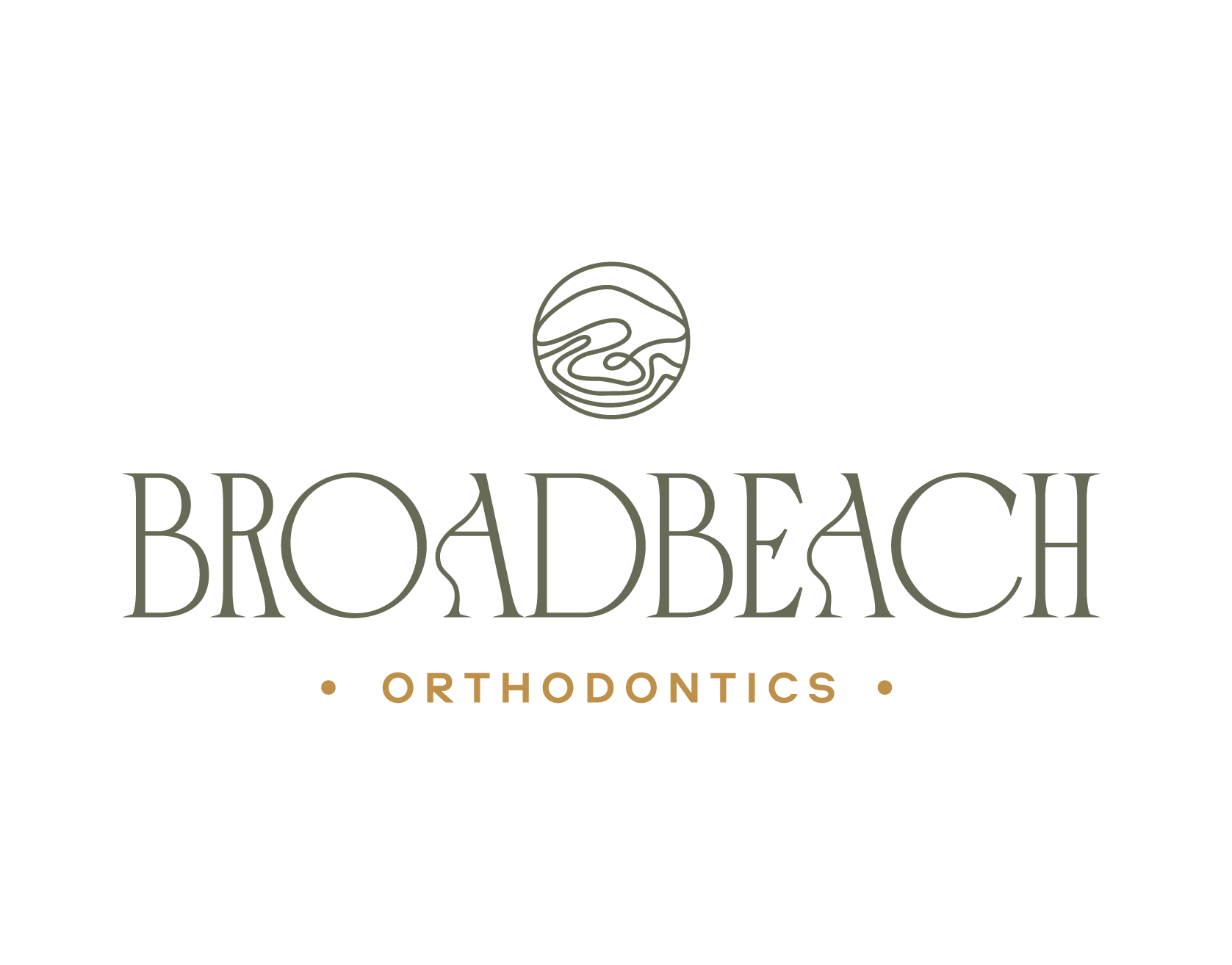An untreated crossbite, where the upper teeth fit inside the lower teeth when biting down, can lead to various complications. Here are some potential issues:
1. Tooth Wear and Damage
- Excessive Wear: Uneven pressure on teeth can cause premature wear and tear.
- Chipped or Cracked Teeth: Misaligned teeth are more prone to damage during normal activities like eating.
2. Gum Disease and Tooth Decay
- Plaque Buildup: Misaligned teeth can create hard-to-clean areas, leading to plaque buildup.
- Gingivitis and Periodontitis: Increased risk of gum inflammation and infection due to poor oral hygiene.
3. Jaw Pain and TMJ Disorders
- Jaw Strain: Misalignment can strain the jaw muscles and joints.
- Temporomandibular Joint (TMJ) Disorders: Pain, clicking, or locking of the jaw due to improper alignment.
4. Chewing and Digestion Issues
- Difficulty Chewing: Inefficient chewing can affect digestion and nutrient absorption.
- Jaw Fatigue: Increased effort required to chew food properly.
5. Speech Problems
- Articulation Issues: Misaligned teeth can interfere with the proper formation of certain sounds, leading to speech difficulties.
6. Aesthetic Concerns
- Appearance: Crossbites can affect the facial structure and smile, impacting self-esteem and confidence.
7. Asymmetrical Jaw Growth
- Developmental Issues: In children, untreated crossbites can lead to uneven jaw growth and facial asymmetry.
8. Chronic Headaches
- Tension: Misalignment can cause muscle tension in the jaw and face, leading to frequent headaches.
Importance of Early Treatment
Early intervention can prevent these complications and improve oral health. Treatment options may include braces, clear aligners, or other orthodontic appliances.
Consult with an orthodontist to discuss the best treatment plan for correcting a crossbite and preventing these potential complications. Early diagnosis and treatment are key to maintaining a healthy, functional, and aesthetically pleasing smile.





